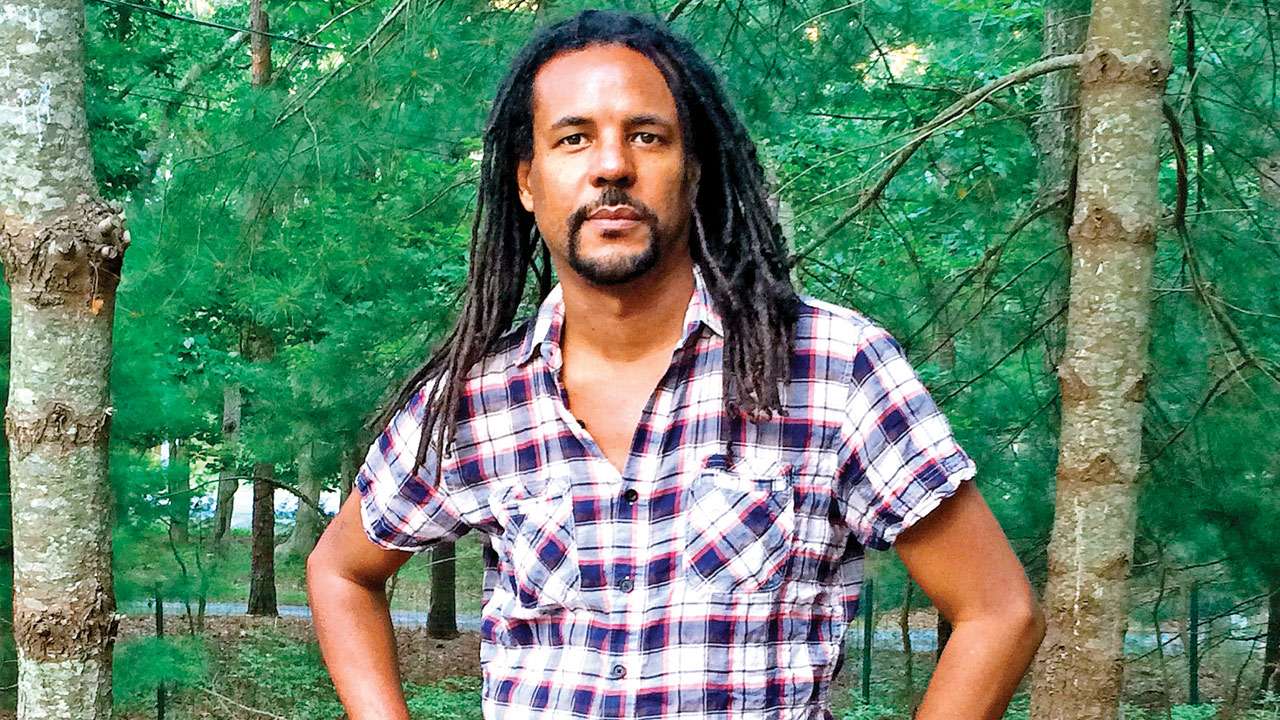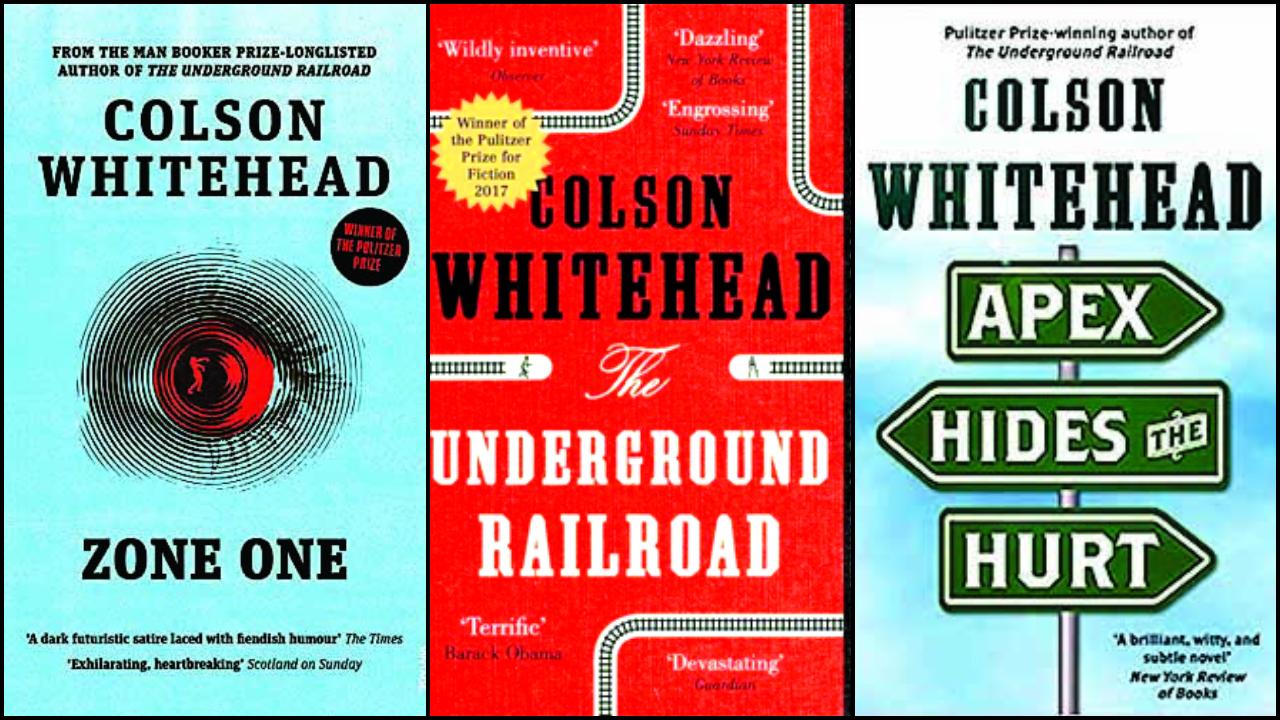
Colson Whitehead, one of the stars at this year’s Zee Jaipur Literature Festival, has written six novels (and two books of non-fiction) in the 20 years he’s been a professional writer. And every one of these has won critical acclaim, sold well and bagged honours, the most prominent being the Pulitzer Prize for Fiction (2017) and National Book Award (2016) for his last, The Underground Railway. The title refers to the mythic secret route taken by African-origin slaves in pre-Civil War America as they made their way from the inhuman work conditions of the cotton plantations in the South to the North, where abolitionist sentiments were popular. It’s a beautiful novel – harsh, brutal, heart-rending, but also life-affirming. Edited excerpts from an interview with the author.
In real life, the “underground railroad” was a metaphor, the name of the social network that helped slaves escape to the North. When you are a kid, and first hear these two words, you think it is a real train. I thought, what if I played with that childhood notion – what kind of story could I generate if I made it an actual train beneath the Earth?
No. I chose a female protagonist because I had a string of male protagonists in a row, and it was time to mix it up and not do the same thing. Harriet Jacob’s memoir (Incidents in the Life of a Slave Girl) about her enslavement, her story, has remained with me since college, and she writes very movingly of the dilemma of the female slave. I thought it was a story worth taking up.
I write about a lot of things – race, the city, technology, pop culture. I’ve written books that have nothing to do with race.
I’ve read stories about the caste system, but nothing recent.
I like writing about different things and enjoy different kinds of narratives – dramatic, science fiction, realistic, plotless stories rooted in character. If I keep writing, I get to tell stories in these different modes. If you’ve done one kind of story, why do it again? I get ideas from newspaper stories, articles, a random thought I have while walking down the street. “What if...” If the idea stays with me over time, it is proving its worth.
I liked to hang around the house when I was a kid, reading. Being a writer and making things up seemed like a good job. I’ve taken inspiration from many places and people: Marvel comics in the ’80s, Walt Whitman, The Twilight Zone, Toni Morrison, Thomas Pynchon...
It’s a short novel based on the real-life Dozier School in Florida, a brutal reform school that was rife with abuse and corruption. It follows two boys who are sent there in the 1960s and try to survive.
One Hundred Years of Solitude by Garcia Marquez, with its brand of magic realism, was a helpful in shaping the voice of The Underground Railroad. But I’ve been inspired by so many writers. Sometimes one author is helpful for this project, another author is useful for another project.
